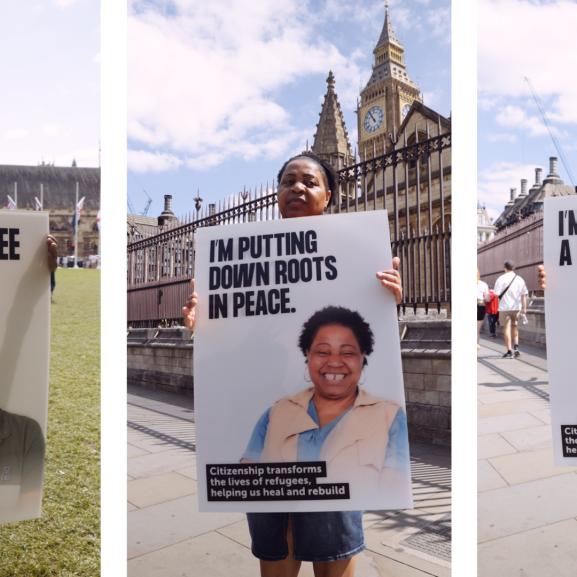Lord Chief Justice Rules In Favour of Asylum Seekers Convicted of Passport Offences
Asylum seekers who have been convicted of arriving in the UK without a valid passport establishing their identity and nationality can appeal against their sentence following a ruling by the Lord Chief Justice.
The ruling means that dozens of asylum seekers who have been convicted under the Asylum and Immigration (Treatment of Claimants,etc) 2004 have wrongly spent time in prison. Usual sentence for the offence has been between three and 12 months.
To have a defence under the act, asylum seekers had to prove that at no stage of the journey were they in possession of an immigration document. Given that some form of documentation would have been needed to cross borders on the way to the UK or board aircraft, for many this was an impossibility.
The Lord Chief Justice Lord Phillips ruled in the High Court yesterday (Thursday) however, that the reference to an immigration document in this section of the act refers only to a genuine, valid passport - which few asylum seekers possess.
Many flee persecution using false passports supplied by "agents" they have contracted to lead them to safety, which the "agent" usually demands back en route. Others use no documents, relying instead on those they have paid to smuggle them into the country in containers or hidden in the back of lorries.
Now they will only have committed an offence if at any stage of the journey they have used their own passport while escaping to safety.
The Lord Chief Justice Lord Phillips, while ruling on the case of a former political prisoner from Burma who was sentenced to three months imprisonment at Croydon Magistrates Court after failing to produce a genuine passport on arrival, said the act was "ill drafted but not ambiguous."
He added: "I fear to some extent my Judgement may undermine some of the reasons for which it was drafted."
David Rhys Jones, refugee policy officer at the Medical Foundation for the Care of Victims of Torture said: " We welcome the judgement. Many human rights organisations lobbied strenuously against this piece of legislation when it was first introduced.
"Anyone using a false document to escape persecution faced criminalisation on arrival here. That was particularly iniquitous in the case of those who had already been imprisoned and tortured in their own country.
"A criminal conviction of that kind then had a knock on effect on their credibility when their asylum applications were considered. Undoubtedly some have been returned to their country of origin because an unwarranted criminal conviction has led to the failure of their claim."





